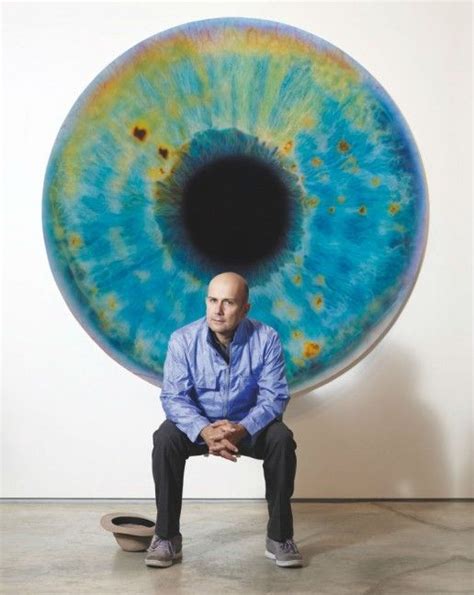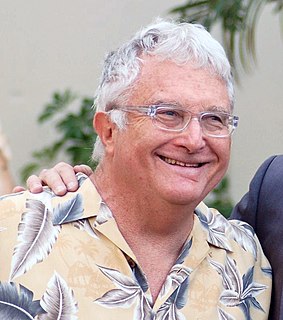A Quote by Vandana Shiva
For example, the idea that objects have properties out there in fixed ways is an incorrect idea about the world. Properties are created through relationships and processes. They are not inherent in electrons or photons or quanta any more than they are inherent in soil or trees or people. So my critique of reductionistic science is a critique that I have inherited from my scientific training. But it has been deepened by my experiences as an ecologist, in seeing the ecological destruction taking place today.
Quote Topics
Related Quotes
I agree that science is the best way of understanding the natural world, and therefore that we have reason to believe what the best science tells us about the objects in that world and the relations between them. But this does not mean that the natural world is the only thing we can have true beliefs about. The status of material objects as things that are "real" is a matter of their having physical properties, such as weight, solidity, and spatio-temporal location. In order to be real, such things need not have, in addition to these properties, some further kind of metaphysical existence.
The degree of confirmation assigned to any given hypothesis is sensitive to properties of the entire belief system... simplicity, plausibility, and conservatism are properties that theories have in virtue of their relation to the whole structure of scientific beliefs taken collectively. A measure of conservatism or simplicity would be a metric over global properties of belief systems.
Almost all major scientific projects today are huge collaborations, yet we still have this public obsession with the idea of the individual scientific genius. One of my goals as a science communicator is to celebrate the collaborative dimensions of science, which I think will be critical for facing the ecological and resource challenges ahead. In a sense, we are all corals now.
'Paycheck,' I thought, was a really, really good idea. I never got an opportunity, unfortunately, to read the novel, but I loved the idea of how to deal with intellectual properties. I just don't know that we necessarily got to the heart of that particular idea. I think it became more of a chase movie than anything else.
I think the most important work that is going on has to do with the search for very general and abstract features of what is sometimes called universal grammar: general properties of language that reflect a kind of biological necessity rather than logical necessity; that is, properties of language that are not logically necessary for such a system but which are essential invariant properties of human language and are known without learning. We know these properties but we don't learn them. We simply use our knowledge of these properties as the basis for learning.
I did not say that language as a completed system emerged in an individual in an instant. But I cannot think of a coherent alternative to the idea that mutations take place in individuals, not communities, so that whatever rewiring of the brain yielded the apparently unique properties of language, specifically recursive generation of hierarchically structured expressions, would therefore have taken place in an individual, and only later been used among individuals who had inherited this capacity.


































